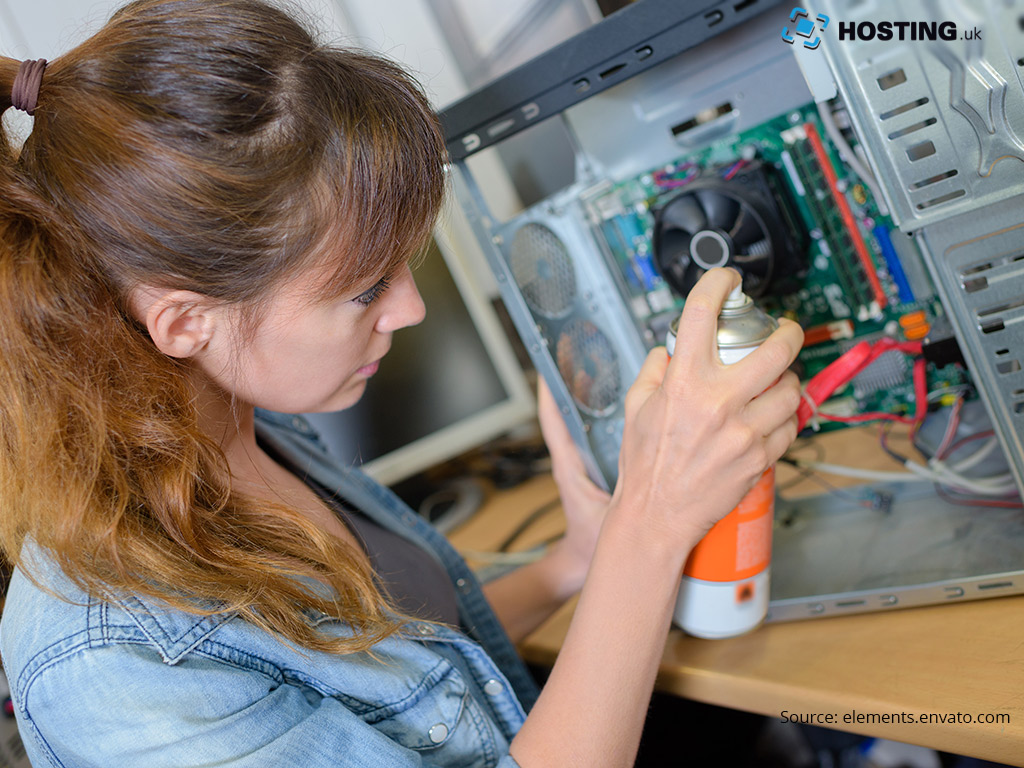Technology rules modern life, and if your business’s website runs slowly, has trouble loading pages, or is peppered with broken links, then you’re going to see a drop in customers and sales. The average internet user will click to a different site if yours takes longer than 2-3 seconds to load – and that can add up to a lot of missed views over the course of a year. Part of your regular business practice should be ensuring that your site is optimised for performance. There are many reasons why a site can run slowly, below are 5 of the most common and how to fix them.
Table of Contents
Poorly Optimised Images

Full-sized images take a lot of bandwidth and can be one of the main problems that causes your site to load slowly. If your layout includes a lot of different images, or if you have full-size images accompanying each page of your site, changing the size can lead to faster loading times. Depending on the type of images you use, you can change the size and format to take up less precious bandwidth.
- JPG, while high quality, can also eat up a lot of space, especially those that contain a multitude of colour. They are high-resolution images, hence their popularity. Luckily, JPGs are easily scalable, depending on your needs. By reducing the size, you can preserve quality and boost your page loading speed. Generally, a reduction to 80-90 percent of full size will suit most user’s needs
- The more versatile PNG can be as high quality as a JPG or saved at a much lower resolution for images with fewer colors or simpler composition. Saving your JPG as a PNG may be an option. With the ability to save a PNG as 8-bit, 24-bit, or 48-bit formats, there are a lot of options. 8-bit PNGs consist of just 256 colors, while 24- and 48-bit PNG images, like high-quality JPGs, can produce over 16 million colors.
- Animated GIFs are rare on many websites – if you use these, consider a different option to convey your points to viewers.
Too much use of Flash Player
While flash media can be helpful explaining concepts to site visitors, relying on it too much will slow your website down quickly. Many of your site viewers may also be on mobile, with no support for flash, so you’re missing out on a chunk of your audience simply through the use of Flash. Consider using HTML5 display, instead of bulky Flash, for optimal performance.
Too many ads
Monetizing your content isn’t a bad thing, but when too many ads disrupt the user experience, block content, and annoy site visitors, it may be time to reduce. Overloading your website may not only cause frustration for users, it also produces more HTTP requests that need additional processing time. This increase will have a negative impact on your site speed. In particular, look out for media-rich ads such as “pop-unders” and auto-downloads.
Slow or bulky code

If your code has excessive white space, unclean lines, or line breaks, it may slow your website’s speed. By eliminating some of the unnecessary or extra elements in your code, you can compress it, thereby reducing the file size and the load time. If you haven’t written the code yourself, your programmer may be able to streamline it for you, or you can use some online tools to help.
Use of JavaScript, especially, can cause your code to slow your page load speeds. To minify it, try UglifyJS or Closure Compiler. You can create a build process that uses these tools to minify and rename the development files and save them to a production directory. If you’re using CSS, try CSSNano and csso, and for HTML, try HTMLMinifier.
Your web hosting service is slowing you down
If you’ve optimised your website for speed and you still see slow load times, have reports of pages not loading correctly, and are losing traffic, then your web hosting site may be the culprit. Consider switching from your current provider to one that offers performance optimisation services as part of their basic package.
Don’t let a slow loading website lose you customers. At hosting.co.uk we’re here to help you as much as we can with your hosting needs. Feel free to contact us with any questions you have about how hosting with us can increase your reliability and speed.
